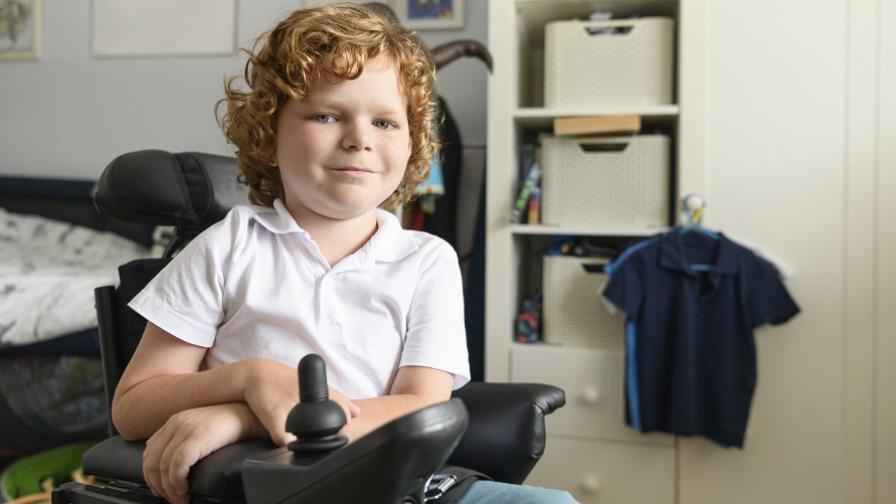
New treatment hope for children with two rare neurodegenerative diseases
Niemann-Pick type C1 (NPC1) disease and Wolfram syndrome (WS) are both rare, life-limiting diseases. Currently, there is no cure for either – and treatment options are extremely limited.
Although they are distinct illnesses, both conditions involve the gradual loss of nerve cells. This process – called neurodegeneration – causes symptoms affecting the brain and central nervous system, which get worse over time. These include problems affecting walking, swallowing, hearing or thinking.
Dr Sovan Sarkar, at the University of Birmingham, will test whether existing therapies used for other health conditions could help to slow the progression of symptoms that affect the nervous system in NPC1 and WS.
His ultimate goal is to develop an effective new treatment strategy that could help improve the quality of life and extend life expectancy for children born with these devastating conditions.
Boosting gene therapy for Duchenne muscular dystrophy

Duchenne muscular dystrophy causes severe muscle weakness and wasting that gradually worsens over time. It almost always affects boys, and in the UK around 100 are born each year with the condition. Sadly there is no cure – and while life expectancy is increasing, most affected people only live into their 20s or 30s.
Children with Duchenne have a faulty gene which means they don’t make enough – or any – of a protein called dystrophin. This is vital for keeping muscles healthy. As a result, they experience a range of debilitating symptoms that usually start in early childhood.
Based at UCL Great Ormond Street Institute of Child Health, Professor Francesco Muntoni is investigating whether combining the latest gene-based therapies with other existing medications could improve their effectiveness at targeting the root cause of this devastating disease.
His laboratory work could help unleash the full potential of these cutting-edge treatments, transforming the lives of many children and their families.
Repurposing existing drugs to treat neurofibromatosis type 1
Neurofibromatosis type 1 (NF1) is a rare genetic condition that causes multiple tumours to develop in the nervous system. These usually grow under the skin or along nerves and increase in number as a child gets older. The tumours can cause distressing symptoms including pain and movement difficulties. In some cases, they can become cancerous – which sadly, can be fatal.
Currently, there is no cure for NF1 and while some tumours can be removed surgically, this is not always possible. The only currently approved drug treatment isn’t always effective and can cause serious side effects.
Professor Benjamin Housden, at the University of Exeter, is investigating the potential of using two existing drugs, already used to treat other diseases, to treat NF1 tumours. His laboratory work could ultimately lead to a much-needed new treatment option – offering hope of a brighter future for young people with NF1 and their families.
